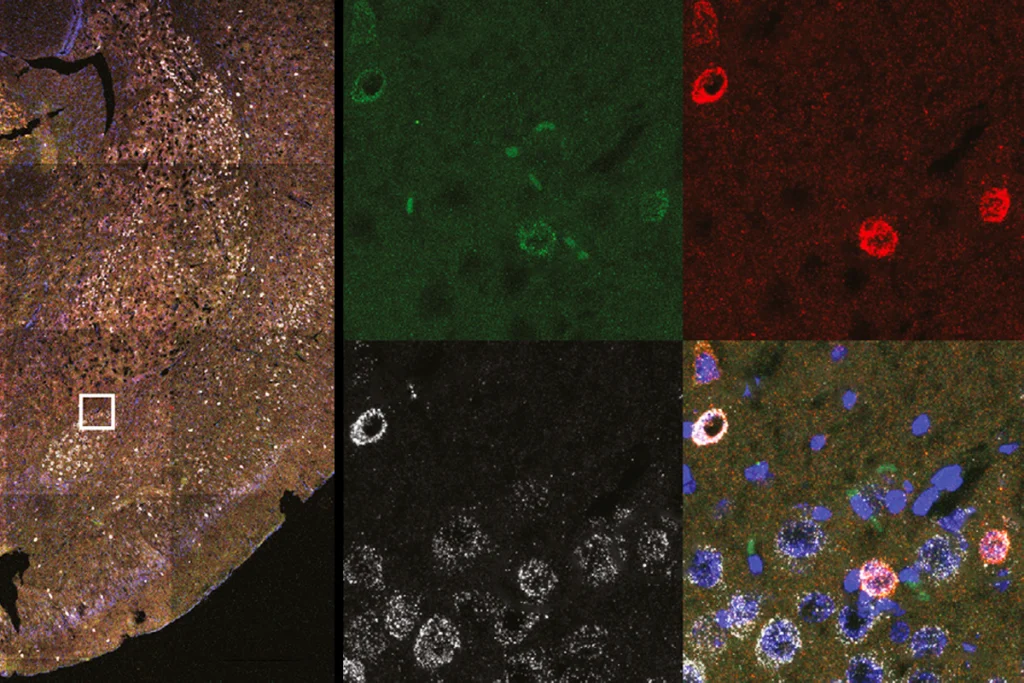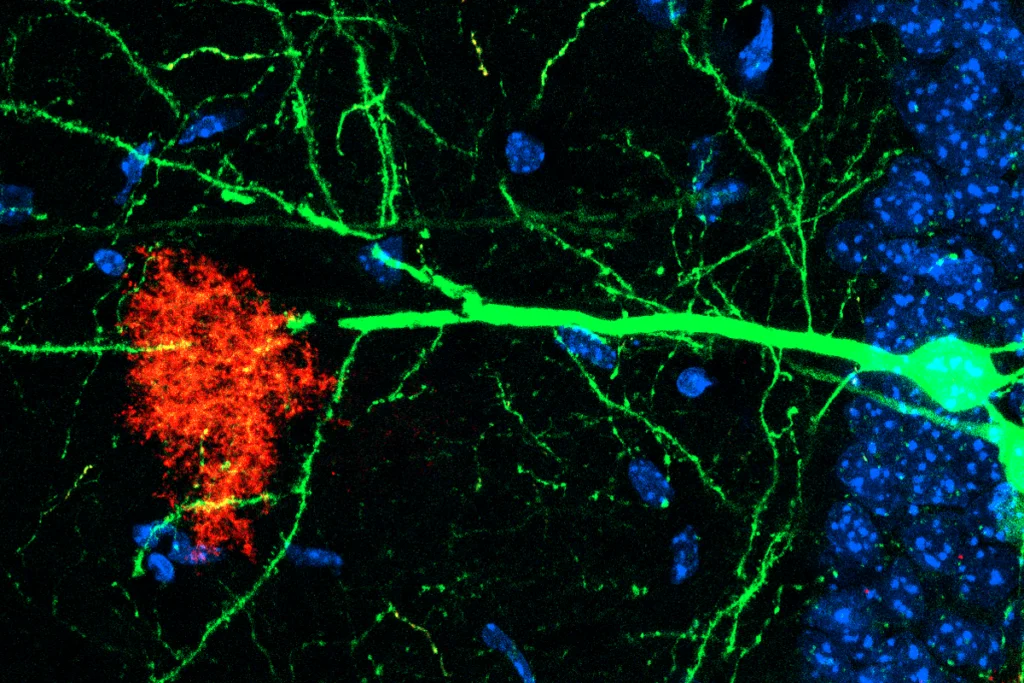Ciara Greene on the quirks and complexities of human episodic memory
Greene’s book, “Memory Lane: The Perfectly Imperfect Ways We Remember,” explores the many factors that affect how we recall the events in our lives, from the mundane to the emotionally powerful.
In this “Brain Inspired” episode, Paul Middlebrooks and Ciara Greene, associate professor of psychology at University College Dublin, discuss a wide range of topics from Greene’s book, “Memory Lane: The Perfectly Imperfect Ways We Remember.” Greene and her co-author, Gillian Murphy, argue that human episodic memory evolved to help us function in our daily lives, not necessarily to accurately recall the events we experience. As a consequence, and because we reconstruct memories each time we recall them, our memories are constantly being updated and altered. Understanding this is key to understanding our susceptibility to things like misinformation and forgetting, whether we think we have “a good memory” or not.
Read the transcript.
Recommended reading
Can neuroscientists decode memories solely from a map of synaptic connections?
Explore more from The Transmitter

Stress warps fear memories in multiple ways

What makes memories last—dynamic ensembles or static synapses?
